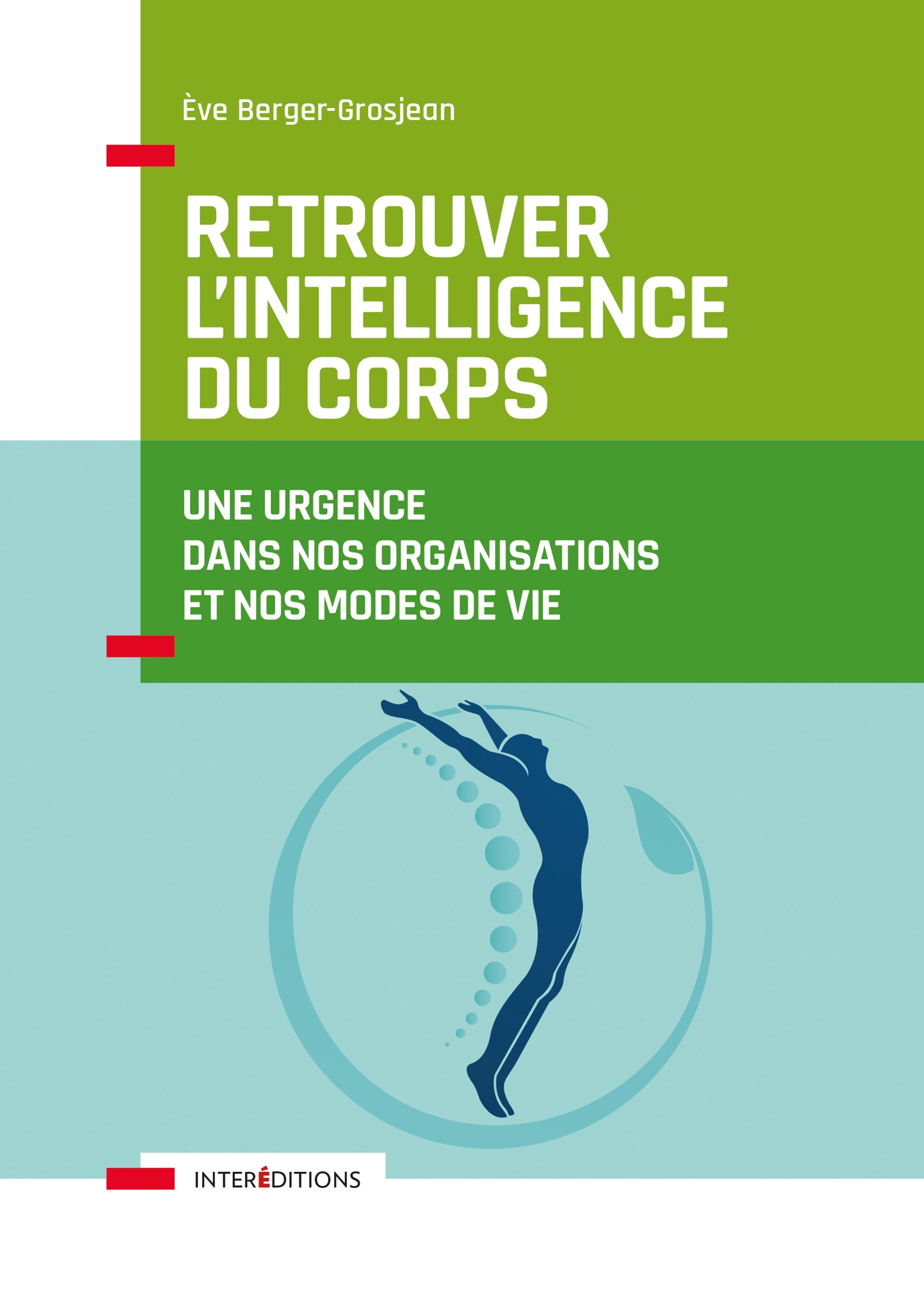15 coaching case studies explained
A collective work from a group of authors including Stéphane Vallée and Gilles Vialard.

By Eve Berger-Grosjean.
All learning, all interaction, all processes of evolution and transformation are initiated and embodied in the body.

But we no longer know how to listen to its language. Burn-out and repeated somatization, collective malaise, frenzy and breathlessness of structures and organizations, even of the whole society: we are turning into bodies that are abused, denied, exhausted, and in urgent need of real care and attention.
This book is a call to action to reconnect us to the fundamental intelligence of our body, all the more essential for those who hold a senior management position, work in education and coaching professionals. It is by restoring the body to its central, vital role in our lives that we will be able to take up the challenges that this century places - and will place - on our path: the energy, the breath, the creativity, the extraordinary adaptability of men and women are born in bodies that are recognized, listened to, and fulfilled.



A collective work from a group of authors including Stéphane Vallée and Gilles Vialard.
By Nathalie Delmas.
In a world as volatile and uncertain as ours, a new type of leader capable of combining humanity AND performance is essential. How to become one?
24 years after the publication of the reference book on co-development, a concept developed by Claude Champagne and Adrien Payette, "Le codéveloppement. L'intelligence collective au service de l'individu et du groupe" has just been published by Editions Eyrolles. Suzanne Peters and Gilles Vialard are happy to have contributed to it through their experience in coaching organizations.
Suzanne Peters wrote the chapter "Stress or burnout" in Le Psycho Guide, a reference book on "well-being" edited by Dr Sylvie Angel and published by Larousse.
Chronic fatigue, loss of motivation and efficiency at work, feeling overwhelmed, self-deprecation, increasing irritability and lack of concentration... Burnout is not inevitable. It can be managed, and better still, prevented.
By Suzanne Peters and Gilles Vialard published in the Bulletin Veille et Recherche of the AQCP. This article conceptualises a new model that emerged during a training session that Gilles and Suzanne gave to a group of managers whom they trained in co-development facilitation.